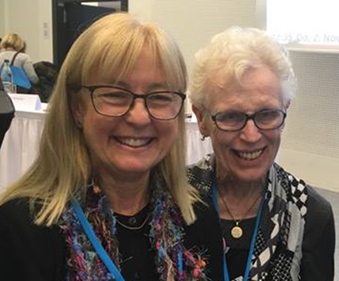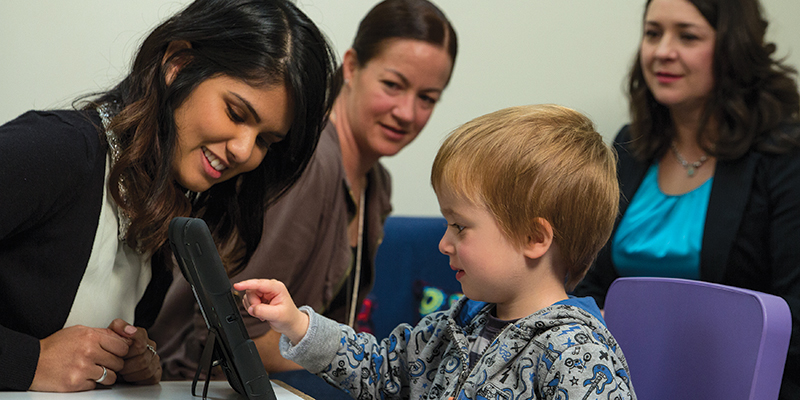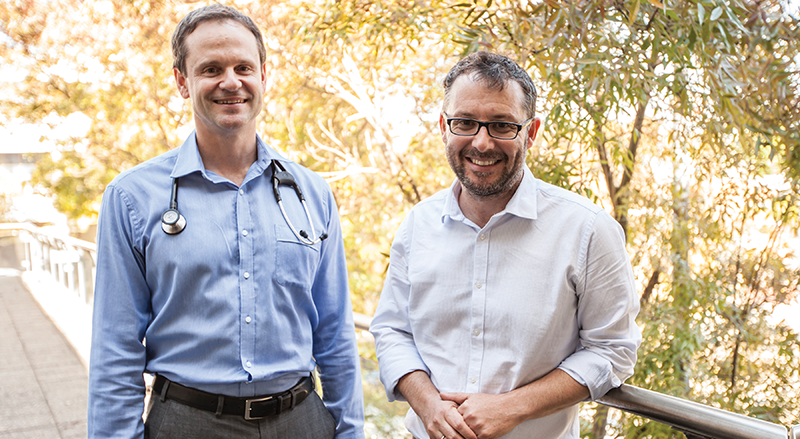Search
Research
Urinary Ferritin as a Noninvasive Means of Assessing Iron Status in Young ChildrenIron deficiency (ID) is the most common nutritional deficiency affecting young children. Serum ferritin concentration is the preferred biomarker for measuring iron status because it reflects iron stores; however, blood collection can be distressing for young children and can be logistically difficult. A noninvasive means to measure iron status would be attractive to either diagnose or screen for ID in young children.
Research
Undernutrition increases the risk of unsuccessful treatment outcomes of patients with tuberculosis in Ethiopia: A multicenter retrospective cohort studyWhile undernutrition has been identified as a common risk factor for tuberculosis (TB), its impact on treatment outcomes has yet to be investigated in high TB burden and low-income countries such as Ethiopia. Therefore, this study aimed to investigate the effect of undernutrition on treatment outcomes among patients with TB in northwest Ethiopia.
Research
Combining CRISPR-Cas9 and TCR exchange to generate a safe and efficient cord blood-derived T cell product for pediatric relapsed AMLHematopoietic cell transplantation (HCT) is an effective treatment for pediatric patients with high-risk, refractory, or relapsed acute myeloid leukemia (AML). However, a large proportion of transplanted patients eventually die due to relapse. To improve overall survival, we propose a combined strategy based on cord blood (CB)-HCT with the application of AML-specific T cell receptor (TCR)-engineered T cell therapy derived from the same CB graft.
Research
The 8th International RASopathies Symposium: Expanding research and care practice through global collaboration and advocacyGermline pathogenic variants in the RAS/mitogen-activated protein kinase (MAPK) signaling pathway are the molecular cause of RASopathies, a group of clinically overlapping genetic syndromes. RASopathies constitute a wide clinical spectrum characterized by distinct facial features, short stature, predisposition to cancer, and variable anomalies in nearly all the major body systems.
Research
Early versus late parenteral nutrition in term and late preterm infants: A randomised controlled trialThere is limited evidence regarding the optimal time to commence parenteral nutrition in term and late preterm infants.
Research
The Changing Detection Rate of Respiratory Syncytial Virus in Adults in Western Australia between 2017 and 2023The incidence of respiratory syncytial virus (RSV) in adults is inadequately defined and the impact of SARS-CoV-2-related non-pharmaceutical interventions (NPIs) is underexplored. Using laboratory data, we described the detection rate of RSV in adults ≥16 years in Western Australia (WA) between 2017 and 2023.
Research
Improved Glycemic Outcomes With Diabetes Technology Use Independent of Socioeconomic Status in Youth With Type 1 DiabetesTechnology use in type 1 diabetes (T1D) is impacted by socioeconomic status (SES). This analysis explored relationships between SES, glycemic outcomes, and technology use.

News & Events
The Kids researchers who helped identify rare disorder now poised to help the hunt for treatmentTwo The Kids Research Institute Australia researchers recognised for their role in building a global database for CDKL5 deficiency disorder are now helping to set the scene for clinical trials of much-needed potential treatments.

News & Events
New friend to improve social attention of kids with autismAn attention-training game developed by researchers at The Kids Research Institute Australia is helping to improve social skill development in school-aged kids with autism.

News & Events
Watershed approach to improve cystic fibrosis treatmentThe Kids researchers are pioneering an exciting new approach to clinical trials, which aims to fast-track the best treatments for people with rare and complex diseases.
